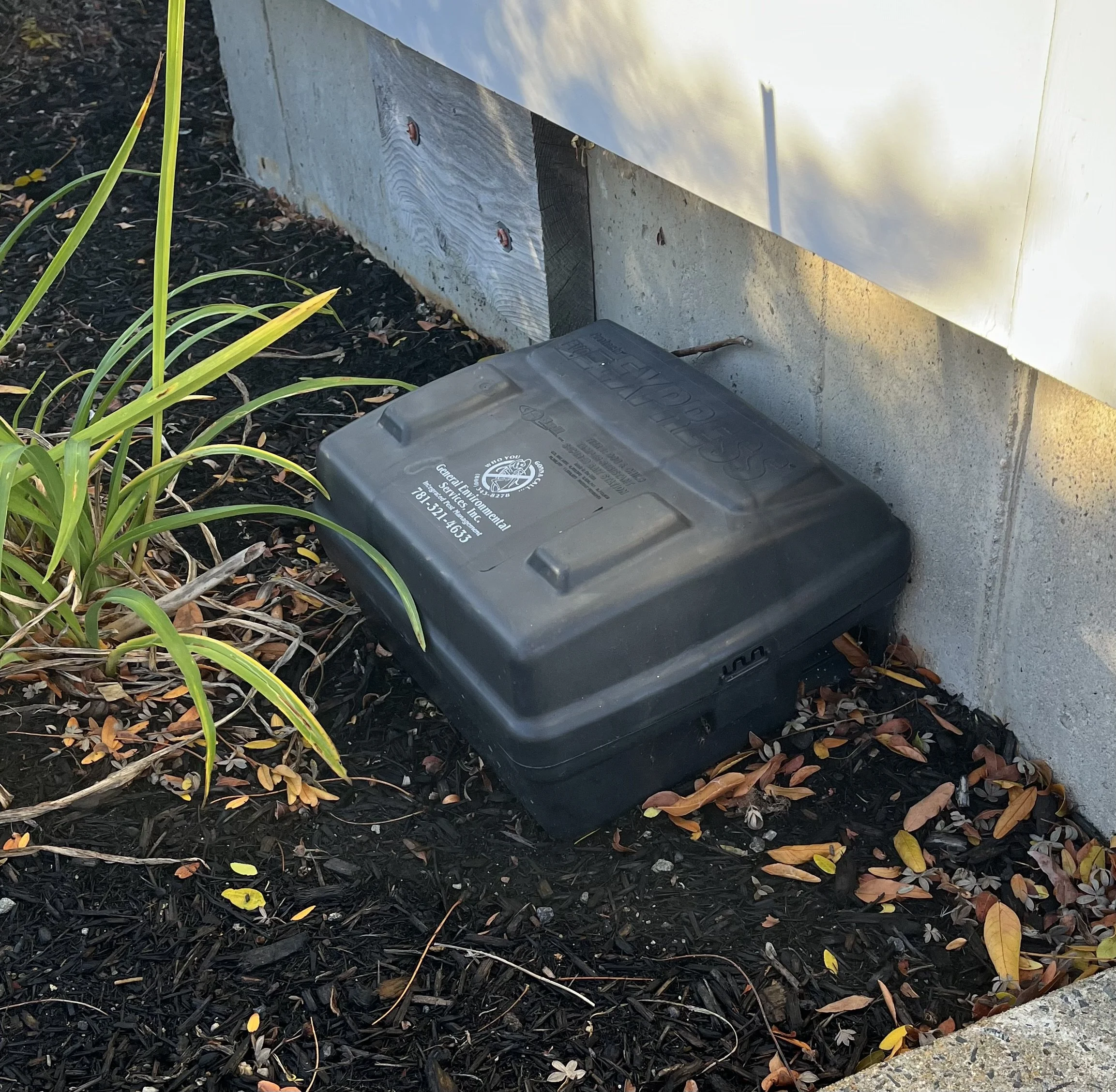Who we are
We are a group of Gloucester residents committed to ending the use of rat poisons that harm raptors and other wildlife. Alongside Mass Audubon and over 40 other partners, including 30+ Massachusetts cities and towns, we are working towards reducing the use of rodenticides in Gloucester and across Massachusetts.
Why Wildlife Needs Our Help
from https://www.massaudubon.org/take-action/advocate/rescue-raptors
Second Generation Anti-Coagulant Rodenticides (SGARs) are a class of poisons that prevent blood from clotting, causing internal bleeding, organ failure, paralysis, and often death.
While the federal government banned the retail sale of SGARs in 2015 due to the dangers posed to children, pets, and wildlife, they remain legal—and widely used—by licensed pest control professionals in Massachusetts.
How SGARs Poison our Wildlife and Communities
Although pest control professionals use SGARS to target mice and rats, these deadly poisons move throughout the food chain, with destructive consequences to the entire ecosystem.
SGARs work slowly, so after ingesting bait, a rodent may live for several days, during which time it becomes more vulnerable to predators and scavengers. When a predator eats a poisoned rodent, SGARs pass into its own organs in a process known as “secondary poisoning.” Just like a rodent that has ingested SGARs, a predator that consumes enough poisoned rodents will develop serious internal bleeding, leading to serious illness or death.
In recent years, researchers have documented an alarming number of predators sickened and killed by SGARS. Veterinarians at the New England Wildlife Centers report treating hundreds of poisoned raptors,foxes, and coyotes each year.
A recent study found that 100% of Red-tailed Hawks tested at a wildlife clinic in Massachusetts had SGARs in their organs. And a national study of 303 dead Bald Eagles found that 82% of the sampled birds had been exposed to rodenticides. Many of these birds died from other causes like collisions with vehicles, but exposure to rodenticides reduces an animal’s health and alertness, making it less able to hunt and more susceptible to hazards.
There’s no way to precisely track how many predators have been killed by SGARs in the wild. But the anecdotal evidence we have suggests that we are systematically weakening species at multiple levels of the food chain.
How You Can Help
1. Make a quick but powerful phone call. A bill (H965) that would limit the use of these rodenticides is in the hands of the Joint Committee on the Environment and Natural Resources under a 30-day extension. The extension expires on January 26th. You can help get this bill out of committee by calling the committee chair's office, Representative Christine Barber (617-722-2230), and urging her to report the bill out of committee favorably. When you call, you'll likely reach an aide, and you can use this script:
Hello, my name is _______________, and I am calling regarding H965, An Act Restricting the Use of Rodenticides in the Environment. I urge Representative Barber to get this bill out of committee favorably. Thank you for giving her this message.
Calling is most effective, but you can also use this online form to send the Rep. Barber an email: https://web.massaudubon.org/site/Advocacy?page=UserAction&cmd=display&id=365
Don't delay, the deadline is fast approaching, and a simple phone call can have a major effect!
2. Join our organizing committee! Joining doesn’t mean you have to commit a lot of time—just help out where you can. Fill out this brief form, and we’ll be in touch.
3. Note where you see bait boxes like this one in downtown Gloucester. These usually contain SGARs.
At a business: Rescue Gloucester Wildlife are compiling a list of businesses using SGARs so that they can be contacted in an effort to educate them about the threat to wildlife that they pose. Business contact information can be entered here.
On city property: It’s the City of Gloucester’s policy not to use SGARs on city property (unless there is an emergency). If you see one on city property, either contact City Hall and ask them about it, or let Rescue Gloucester Wildlife know (info@RescueGloucesterWildlife.org), and we will contact them.
At a neighbor’s: Try having a friendly conversation with neighbors to educate them about the harm SGARs do to wildlife and pets. Always be respectful and give them the benefit of the doubt—they may have no idea about the issues with SGARs!
4. Attend the next meeting of Rescue Gloucester Wildlife to learn how you can help. It will be held February 4 from 7pm to 8pm. Location TBD. You can also attend virtually! Email us at info@RescueGloucesterWildlife.org to receive a link.
5. Join us for a benefit screening of the film The Legend of Pale Male at Cape Ann Cinema on January 25 at 3:30pm.
Contact us
To learn about upcoming events, updates on legislation, and ways to support this statewide initiative, please use this contact form or email us at info@rescuegloucesterwildlife.org.

